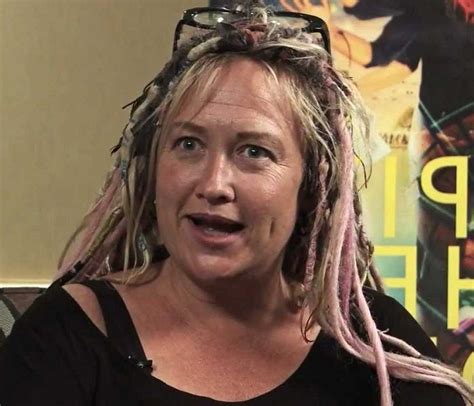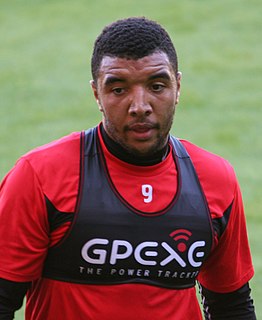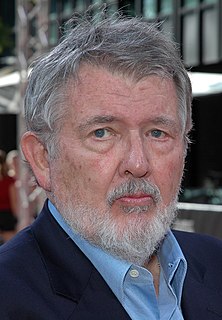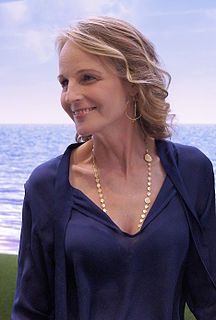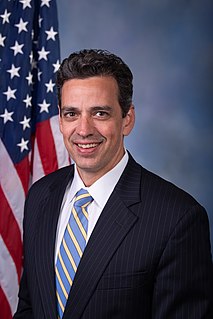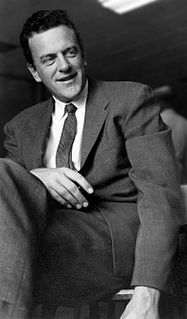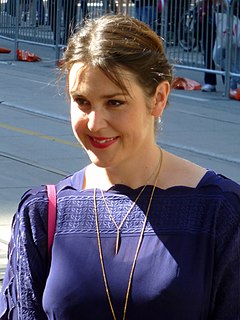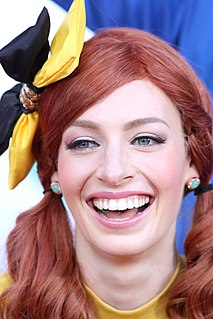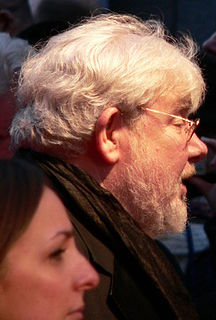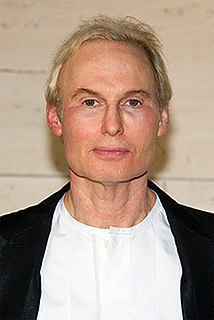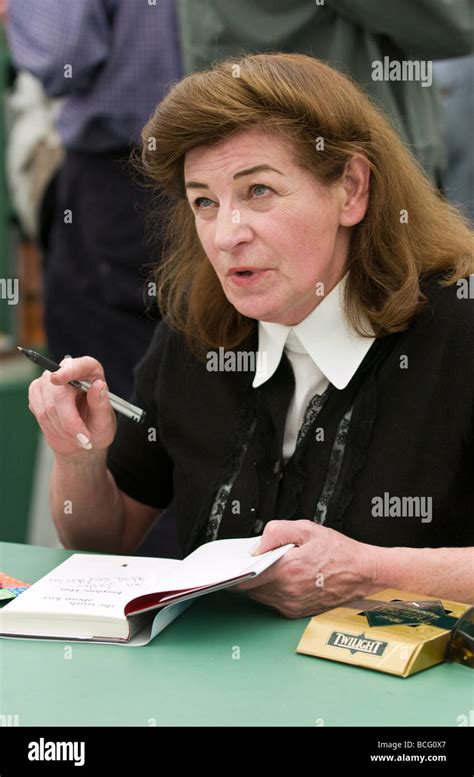A Quote by Jennifer Lynch
I don't think if you asked any of my childhood friends they would say that I had a weird childhood; they might say there weren't a lot of regular rules, the conversations in the house were always very open, dreams were a great thing to talk about, everybody was making something all the time.
Related Quotes
When I talk about it, now people imagine I had an impoverished childhood, especially when I tell people we used to have to put coins in the side of the telly. But we were really happy. Mum never complained, there was always music playing in the house and we were always dancing around. It was a great childhood.
Conversations about films are always funny. I would say a majority of people want to talk about what were the more obvious successes; the big box office films. Other people wanting to be more sensitive to you want to talk about the ones that maybe didn't make a lot of money, but they think you might have a special feeling about. And then other people sometimes want to help you by suggesting that you should have done this or that in the movie, that that would have helped you a great deal in whatever capacity.
I don't wish I started later, but I was never a child star. I was in school every year and had normal friends and I loved it and here I am, so I can't say that I wish I hadn't done it. I used to say, 'No, I didn't miss any of my childhood,' but it is a very adult place to be, a movie set. Like, it's a little weird.
We had a great childhood and boyhood. It was a wonderful time through those years. A lot of it was through the Depression years, when things were tough, but my dad always had a job. But I had a great time. I was kind of restless, and I had a hard time staying in school all day, so me and a few pals would duck out and go out on these various adventures.
I think writing about the time in Hermione’s life that I write about – growing from childhood into womanhood, literally, I think it? brought back to me how very difficult it is.So much is expected of you as you become a woman, and often you are asked to sacrifice parts of you in becoming a girl, I would say. Hermione doesn’t.
There's a rhythm to script [ in "I Don't Feel at Home in This World Anymore"], as well, especially the pacing of it. But there definitely were times when I would say something and [ Macon Blair] would say, "I didn't think to deliver it like that" or, "I didn't think it had that meaning." And he'd say, "I like it. I think it's good." So he's open. He's not battering it into you.
You know what I always say to people who say, "Oh, I wish I were 20 years younger"? I say, "Enjoy your age now, because in 20 years you'll be wishing you were this age." You might as well enjoy it at the present time. What I think keeps you young is always having something to look forward to and doing something new.
They say that childhood forms us, that those early influences are the key to everything. Is the peace of the soul so easily won? Simply the inevitable result of a happy childhood. What makes childhood happy? Parental harmony? Good health? Security? Might not a happy childhood be the worst possible preparation for life? Like leading a lamb to the slaughter.
